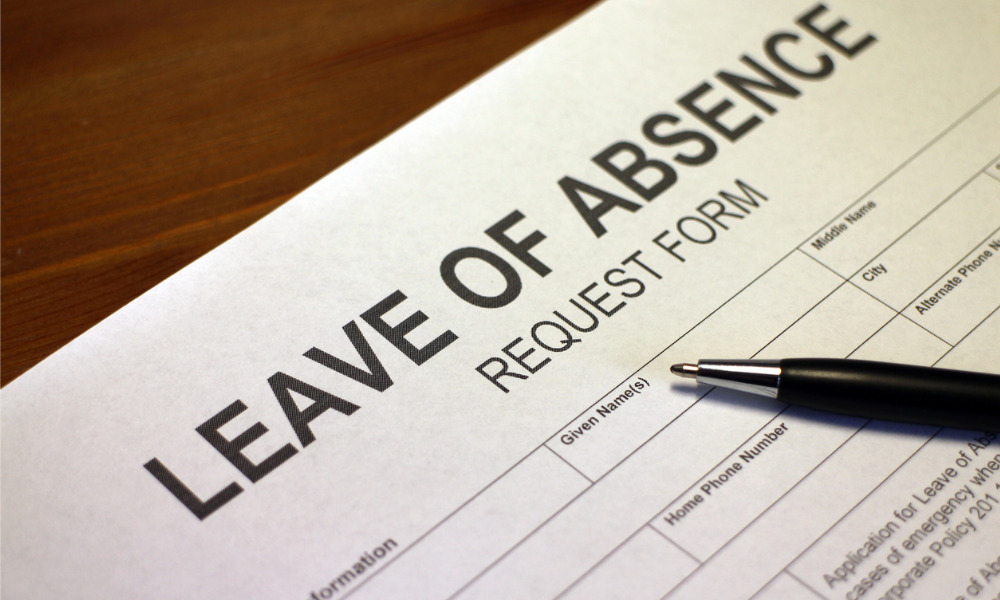
Some advocates fear the bill 'would disadvantage women'

The Albanese Labour Government took a massive step toward ensuring workers’ safety net by introducing a bill to insert ten days of paid family and domestic violence leave (FDV leave) into the National Employment Standards (NES).
Recently, HRD reported on introducing the domestic violence leave bill and what employers need to know. However, what do the experts have to say regarding the Fair Work Amendment (Paid Family and Domestic Violence Leave) Bill 2022?
According to EMA Legal, the bill would provide ten days of paid FDV leave to all employees, including casual, at the rate the employee would have received had they not taken leave, rather than the base rate pay.
The law firm further said the proposed bill would extend all workers five more days of leave because the current NES only provides five days of unpaid FDV leave.
Moreover, EMA Legal explained that the current term for “family and domestic violence” refers to a “violent, threatening or other abusive behaviour by a ‘close relative’ of an employee, that seeks to coerce or control the employee and causes the employee harm or to be fearful.”
However, with the proposed bill, the government plans to extend the term to include “a member of the employee’s household, or a current or former intimate partner of an employee,’ the law firm said.
EMA Legal also noted that the paid FDV leave may be accessed when “arranging for the safety of the employee or a close relative (including relocation), attending court hearings, accessing police services.”
“Other examples expressly given in the Bill include ‘attending counselling and attending appointments with medical, financial, or legal professionals,’” the law firm said.
For years, unions have been campaigning for paid FDV leave, and the Australian Workers’ Union (AWU) said they are finally “rewarded” with the new entitlement.
“We have already successfully secured this life-saving entitlement in a number of enterprise agreements,” AWU National Secretary Daniel Walton said.
“It’s fantastic to finally see this extended to all workers, including part-time and casual workers – a move which the AWU always strongly supported,” he added.
The AWU also said that the government’s move to add the proposed bill to the NES meant that more than 11mil workers would now have their safety net.
However, domestic violence advocates raised their concerns that the new bill would disadvantage workers, especially women who are more likely to work part-time or casually and workers who had been with their employers for less than a year.
This is because the bill, according to AWU, will grant workers access to complete 10 days as soon as the scheme starts, and casual and part-time staff will be allowed 10 days each year but can only be paid if they take leave on days they are rostered to work.
Walton likewise noted that women, who are experiencing family and domestic violence, are more likely to be employed in casual work. “We cannot leave them behind,” he said.
Nonetheless, the AWU national secretary said that the paid FDV leave would save lives, especially of women who are victims of family and domestic violence, because now they do not have to risk their jobs to escape violent situations.
Though the bill is still before the House of Representatives, the EMA legal reminded employers to familiarize themselves with the legislation to make the transition process smooth come the passing of the bill.